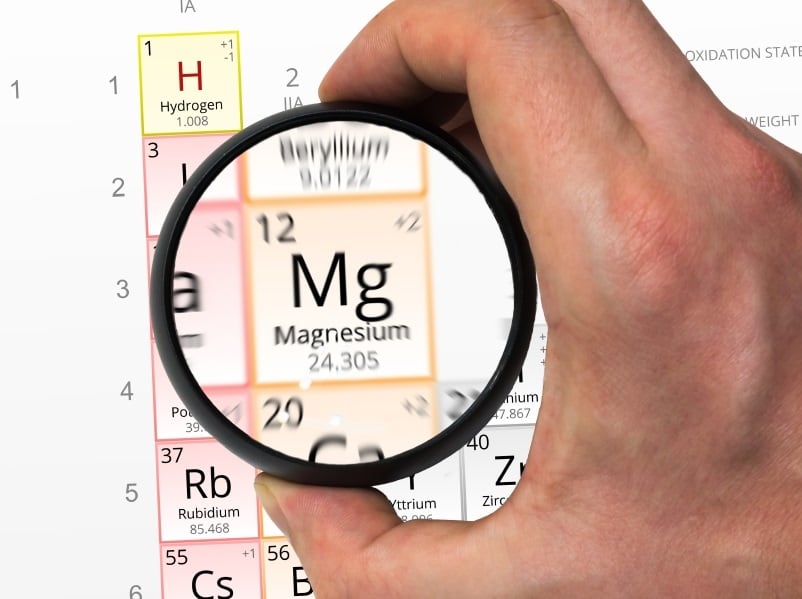Writing in the EFSA journal, its Nutrition, Novel Foods and Food Allergens (NDA) Panel notes that at the proposed maximum use levels of MgCM, the existing tolerable upper intake level (UL) for magnesium in nutritional supplements (250 mg/day) was exceeded.
“The information provided demonstrates that magnesium from MgCM is bioavailable,” EFSA wrote.
“However, the extent of its bioavailability per se or compared to other magnesium sources cannot be established due to the lack of an appropriate magnesium source as a comparator in the studies provided or relevant kinetic data for magnesium.”
Not only supplements
MgCM, a mixed salt consisting of magnesium cations and citrate and malate anions and has a magnesium content of 12–15%.
The Panel noted that the existing tolerable UL of 250 mg/day for magnesium would be exceeded in not only nutritional supplements but also water or added to food and beverages.
Further consideration by the Panel was given to the prospect of using MgCM in food supplements intended to provide up to 300–540 mg/day magnesium.
The applicant, German manufacturer of mineral salts Dr Paul Lohmann, submitted its application to the European Commission on 22 December 2017.
EFSA received the dossier on 24 January 2018, for ‘Application for the inclusion of Magnesium Citrate Malate in Annex II of Directive 2002/46/EC’.
Additional data was requested by EFSA from Dr Paul Lohmann, which was provided on 12 July 2018.
‘..Assuming 15% Mg in MgCM’
“Upon request of the Panel, the applicant specified that MgCM is proposed to be used in food supplements at levels of 2.0–3.6 grams per day (g/day), intended to provide 300–540 milligrams per day (mg/day) magnesium (assuming 15% Mg in MgCM, the upper end of the range of Mg content proposed in the specifications),” EFSA said.
“The Panel notes that the proposed maximum use levels of MgCM exceeds the existing UL of 250 mg/day for magnesium established for readily dissociable magnesium salts and compounds like magnesium oxide in nutritional supplements, water, or added to food and beverages.”
One publication provided in the dossier reported that supplementation with MgCM decreased calcium absorption.
The Panel also noted that other studies investigating calcium absorption, using different magnesium salts, have provided inconsistent results, resulting in no conclusions drawn from this finding.




